Signs of normal life in wartime Ukraine reflect the remarkable resilience of the country's economy despite the ongoing conflict with Russia.
The relentless fighting has devastated the economy, with a 30% contraction in 2022 as Moscow began its military campaign. The situation improved in 2023. Supported by tens of billions of dollars in foreign aid, the economy has stabilized as businesses adapt to wartime realities.
This year, according to First Deputy Prime Minister and Minister of Economic Development and Trade of Ukraine Yulia Svyrydenko, the expected growth rate will be 4.6%.
With no end in sight to the fighting, reconstruction has begun. Pledges and funding are being made, and support networks are growing.
Ukraine's reconstruction must be based on the “Build Back Better” principle as well as the green and digital transformation of the Ukrainian economy, the independent news site Emerging Europe said on June 13, citing a new study by the Vienna Institute for International Economic Studies (wiiw) and Bertelsmann Stiftung.
This is also the main recommendation of the Austrian wiiw consulting organizations and the German Bertelsmann Stiftung. In particular, according to experts, 6 areas of the Ukrainian economy have great potential for success and can be of interest to investors, including: Renewable energy, rare raw materials, metal processing, mechanical engineering, food industry and information technology (IT).
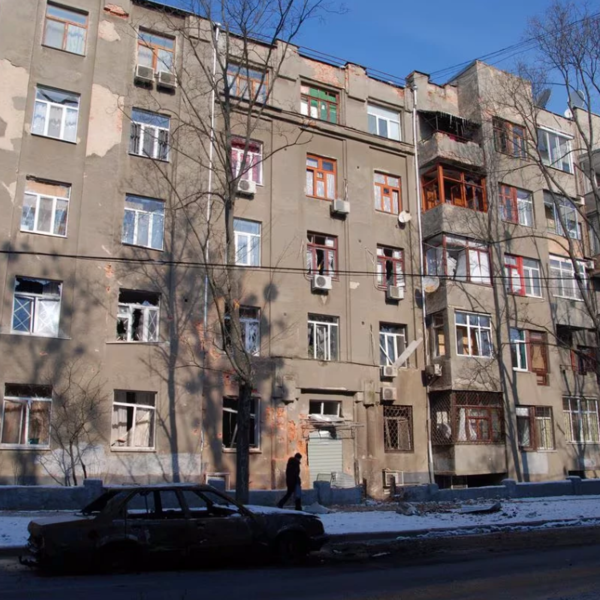
Firefighters in Odessa tackle a fire at a building destroyed during a military offensive, December 2023. Photo: The Guardian
Focusing on these sectors would help Ukraine make a leap forward in economic development and establish advanced technology sectors with higher added value. It could also significantly accelerate the country’s integration into the EU single market even before Kiev joins the 27-nation bloc.
“However, this will require institutional reforms in the areas of rule of law and anti-corruption, which must be combined with industrial policy and a strategy to attract foreign direct investment (FDI),” said Olga Pindyuk, Ukraine expert at wiiw and co-author of the study.
3 recommendations
For the EU, the study has three recommendations for Brussels. “Given the fact that Brussels played a leading role in coordinating Ukraine’s accession to the EU, it should also have a role to play in the reconstruction,” stressed Miriam Kosmehl, senior expert on Eastern Europe and the EU Neighborhood at Bertelsmann Stiftung.
“If Ukraine and the EU had addressed this issue consistently from the very beginning, the costs of rebuilding and modernizing the economy would not have been borne twice,” the expert pointed out.
First, the EU needs to help Ukraine overcome its weaknesses in attracting foreign direct investment (FDI), which has been made more difficult by the fighting. However, focusing on Ukraine’s strengths offers an opportunity as it aligns with the EU’s transformation objectives, its evolving industrial policy and the European Green Deal (EGD). A sustainable model for attracting FDI needs to go beyond low wages and low taxes.
“To achieve this goal, the EU must promote productivity improvements through full integration of Ukraine into European education, research and development programs and industrial policy, as well as better institutions in Ukraine,” Pindyuk explained.
Second, the EU should improve Ukraine’s internal market access and integration into EU value chains to achieve greater regulatory harmonisation with EU standards, for example through direct and early participation in EU initiatives on trade, the EGD Green Deal and the digital market as well as on infrastructure and connectivity.
Temporary trade facilitation should be made permanent rather than reflexively giving in to protectionism, as is currently the case in agriculture and industry. “By leveraging Ukraine’s comparative advantages, the EU’s economic independence – for example in critical raw materials or renewable energy – could also be facilitated,” said Ms. Kosmehl.
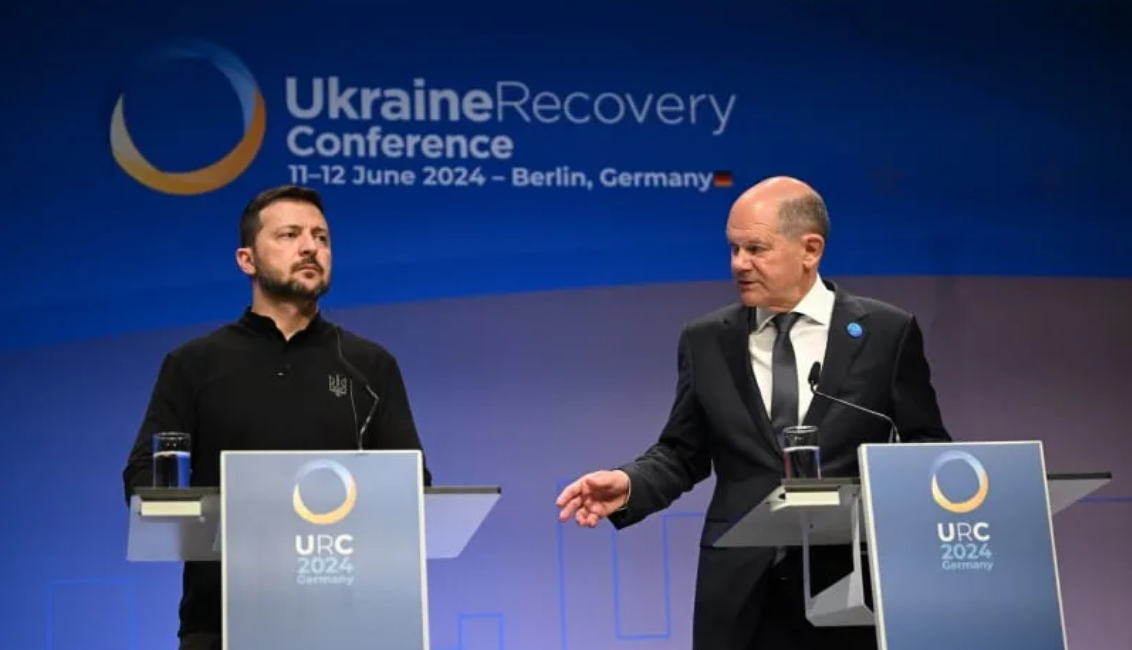
Mr. Zelensky and Mr. Scholz at the International Conference on the Reconstruction of Ukraine, in Berlin, June 11-12, 2024. Photo: Yahoo!News
Third, the wiiw and Bertelsmann Stiftung study calls for close cooperation between the EU and Ukraine to develop Ukraine's industrial policy and align reconstruction efforts with existing economic strengths and promising markets.
FDI is the key
Attracting FDI will be crucial to the success of Ukraine’s reconstruction. Private capital is important in the reconstruction process because it can be used more flexibly and in more diverse ways than capital from public and state donors, although it can provide an initial boost.
Furthermore, since FDI is often accompanied by technology transfer and deeper integration into global value chains, it can greatly contribute to Ukraine's integration into the EU single market and the global economy.
Since the 1990s, Ukraine has faced challenges in attracting significant amounts of FDI. In fact, with a per capita capital of just 1,100 Euros, Ukraine has one of the lowest FDI inflows among European countries.
“Military security guarantees from the West as well as institutional reforms in the field of rule of law and property rights are necessary prerequisites for large-scale FDI inflows,” said Ms. Pindyuk.
In recent years, Ukraine has passed a number of important laws to promote FDI. In May, the Central Bank of Ukraine (NBU) also opened up more to private investors by starting to ease foreign exchange restrictions.
This comes as a significant relief to investors as they are now allowed – within certain limits – to transfer profits out of the country and repay loans, leases and rents abroad.
The IT industry is full of promise.
The information technology (IT) sector offers huge potential for FDI, has proven to be exceptionally resilient in wartime, and is one of the most promising sectors for the future worldwide. Ukraine is well positioned in this area.
“Over the past 10 years, the IT sector has developed into one of the most dynamic sectors in Ukraine, with solid export-oriented growth and accounting for about 4% of the total value added in 2021,” Pindyuk noted.
“Before the conflict, the sector employed nearly 300,000 people and the education system also produced significantly more IT graduates each year than its Central and Eastern European neighbours – specifically 68 graduates per 100,000 people in Ukraine compared to 23 in Poland, 46 in Hungary and 54 in Estonia,” she said.
“If Ukraine fully exploits its potential, the country can become an IT powerhouse and develop this sector into one of the main pillars of the economy,” the expert concluded .
Minh Duc (According to Emerging Europe, NPR, WEF)
Source: https://www.nguoiduatin.vn/tiem-nang-to-lon-cua-kinh-te-ukraine-bat-chap-xung-dot-a668210.html








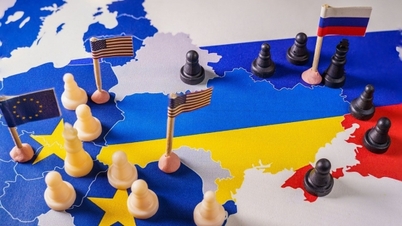

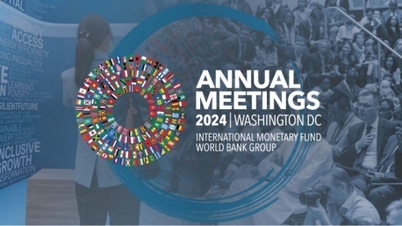


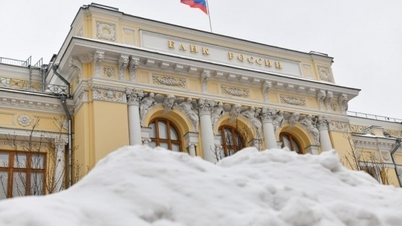
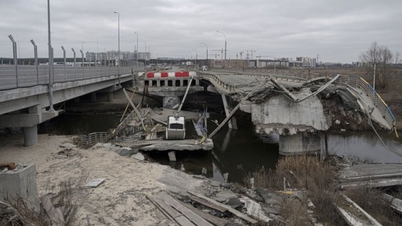


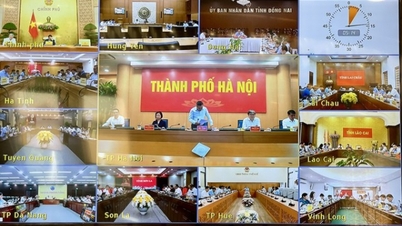
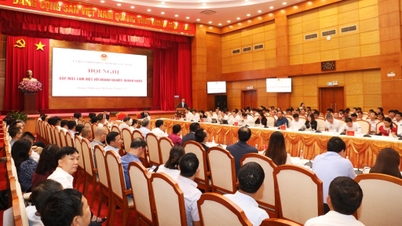


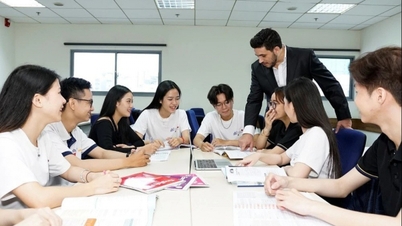



























































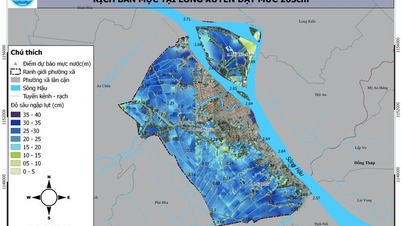

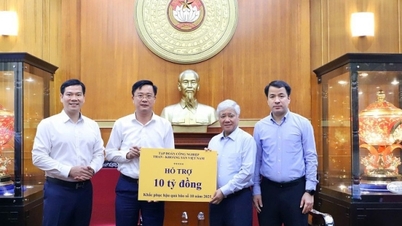



















Comment (0)